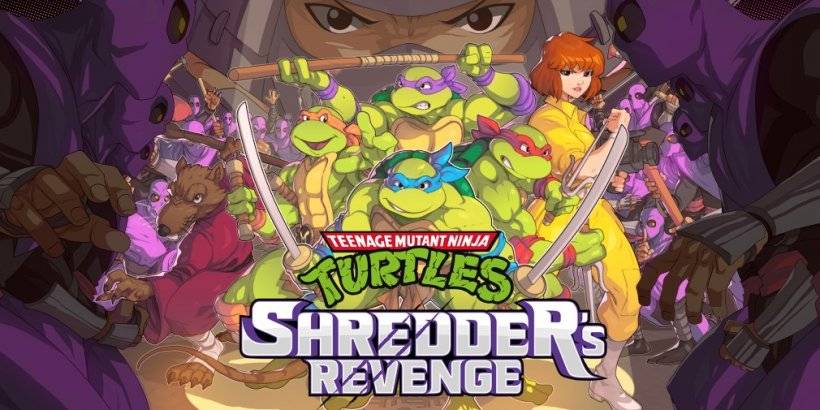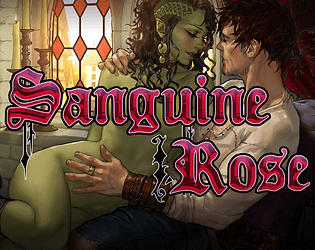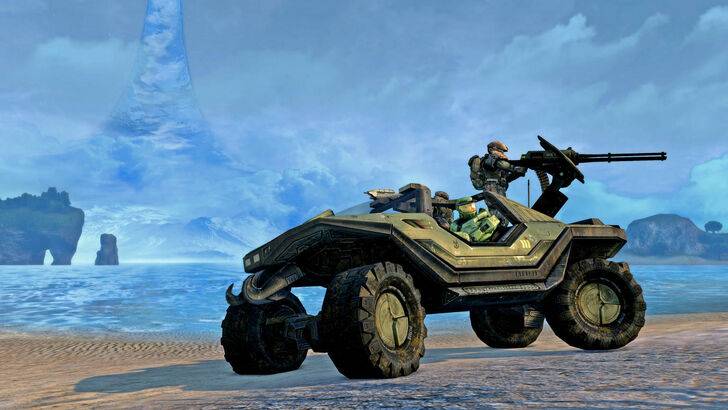
The 2011 remake of Halo: Combat Evolved Anniversary was a pivotal project for then-independent studio Saber Interactive. They offered to undertake this ambitious project for free, a decision that would ultimately shape their trajectory in the gaming industry. Let's explore how this bold move unfolded and how it propelled a once indie team into the spotlight of a renowned franchise.
Saber Interactive's Bold Move to Remake Halo for Free
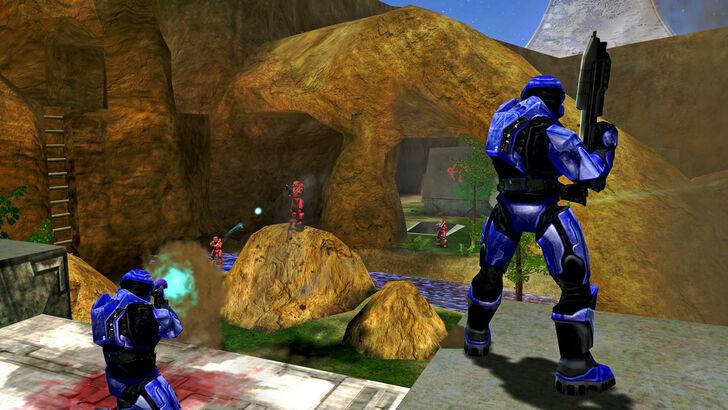
In a revealing interview with journalist Stephen Totilo for Game File, Saber Interactive's CEO and co-founder Matthew Karch shared the story behind their pitch to Microsoft. Karch proposed that his studio would remaster the iconic first Halo game without any financial compensation, simply stating, "Because it's Halo." This offer left the Xbox executive "shocked," but Karch believed it was a strategic move for his fledgling company. At the time, Saber was a young, independent startup, and the opportunity to work on such a massive franchise was invaluable. Karch explained, "It's the biggest franchise in the world at the time. I said: 'It's like putting a Harvard diploma on your wall. Everyone in the world is going to want to work with me after they see that I've worked on this last Halo game, and it is going to open up doors. So I'll suck it up and I'll do it at a loss.'"
Microsoft accepted this unprecedented offer, and Saber Interactive went on to release Halo: Combat Evolved Anniversary on the Xbox 360 in 2011. Although Karch had initially proposed a low bid of $4 million at Microsoft's request, the studio ultimately received no royalties due to specific clauses in the contract.
Transitioning from Dependency to Independence
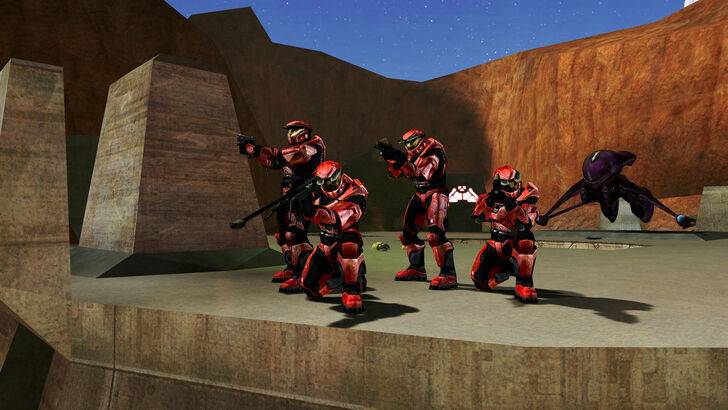
Despite the financial loss from the initial remake, Saber's fortunes changed when Microsoft contracted them again to work on Halo: The Master Chief Collection alongside other developers like Bungie and 343 Industries. Tasked with porting Halo: Combat Evolved Anniversary to the Xbox One, Karch encountered an issue with the contract just before the collection's release. He refused to sign until Microsoft removed the clauses that had previously nullified royalties. After negotiations, Microsoft agreed, and Saber was compensated generously, receiving tens of millions of dollars for their work. This substantial payment provided the financial boost Saber needed to pursue larger opportunities. Karch reflected on this turning point, saying, "We've watched other people make money on our work. Now we're going to make money on our own."
Saber Interactive's Evolution and Current Endeavors
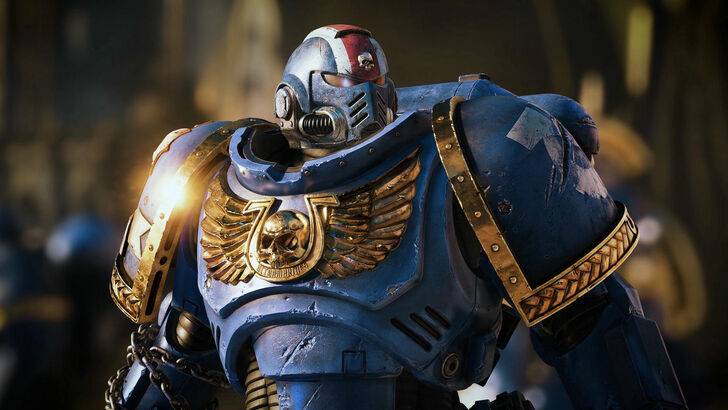
Following their successful collaboration with Microsoft, Saber Interactive expanded globally, establishing studios in Spain, Sweden, and Belarus, and acquiring other studios such as Binary Motion and New World Interactive. They ventured into diverse projects, including the Nintendo Switch port of The Witcher 3: Wild Hunt with CD Projekt Red and developing World War Z under their own banner.
In February 2020, Saber Interactive was acquired by the Embracer Group, becoming a direct subsidiary while retaining autonomy. Under Embracer, Saber continued to grow, acquiring additional subsidiaries and developing games like Evil Dead: The Game. However, financial challenges led Embracer to sell Saber Interactive to Beacon Interactive, a company owned by Karch, in a deal that allowed Saber to retain all its studios and IPs.
Despite the split from Embracer, Saber's Chief Creative Officer Tim Willits reassured fans via X (formerly Twitter) that ongoing projects would continue as planned. Currently, Saber Interactive is actively developing several titles, including Warhammer 40,000: Space Marine 2 (released in September 2024), John Carpenter's Toxic Commando, and Jurassic Park: Survival.


